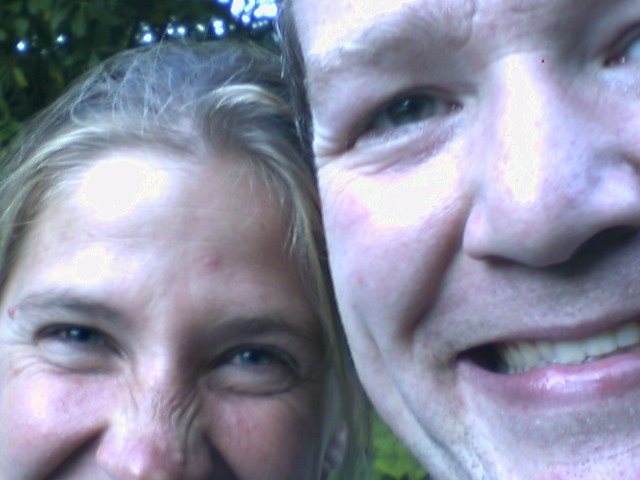Quote of the week--from A Canticle for Leibowitz
I'm reading A Canticle for Leibowitz, which is very readable, and won the Hugo back in 1961. It was written by Walter Miller, who had the same name as one of my current closest friends. I thought this quote was fun:
The book was a satirical dialogue in verse between two agnostics who were attempting to establish by natural reason alone that the existence of God could not be established by natural reason alone. They managed only to demonstrate that the mathematical limit of an infinite “doubting the certainty with which something doubted is known to be unknowable when the ‘something doubted’ is still a preceding statement of ‘unknowability’ of something doubted,” that the limit of this process at infinity can only be equivalent to a statement of absolute certainty, even though phrased as an infinite series of negations of certainty. The text bore traces of St. Leslie’s theological calculus, and even as a poetic dialogue between an agnostic identified only as “Poet” and another only as “Thon,” it seemed to suggest a proof of the existence of God by an epistemological method, but the versifier had been a satirist; neither poet nor don relinquished his agnostic premises after the conclusion of absolute certainty had been reached, but concluded instead that: Non cogitamus, ergo nihil sumus.


1 comment:
I like your title but your whole shit is LAAAAAAAAAMERZ
Post a Comment